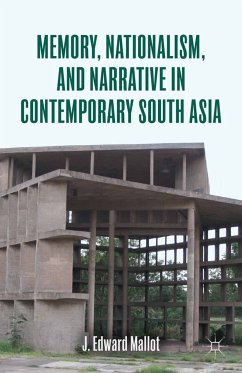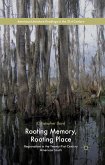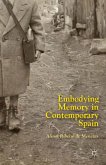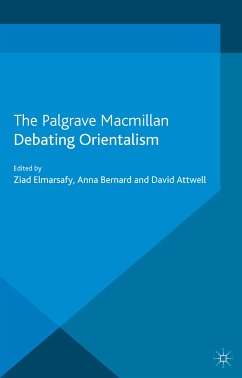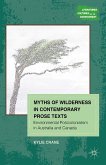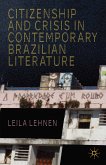Dieser Download kann aus rechtlichen Gründen nur mit Rechnungsadresse in A, B, BG, CY, CZ, D, DK, EW, E, FIN, F, GR, HR, H, IRL, I, LT, L, LR, M, NL, PL, P, R, S, SLO, SK ausgeliefert werden.
'This distinctive book provides a provocative interrogation of some key tenets of memory and trauma studies. Through lively analysis of literature, film, and urban planning, it examines the diverse processes and politics of remembering on the subcontinent, convincingly arguing for more meticulous and culturally inflected memory work.' - Clare Barker, University of Leeds
"Mallot's book is an ambitious and timely project that interrogates Eurocentric assumptions that the act of remembering is purely positive and argues that a different paradigm may be necessary in South Asian contexts. The book examines memory, the relationship between memory and history, and the ethical implications and potential dangers of revisiting the past through a variety of texts, including a city that is the result of post-Partition urban planning, Hindi films, and Anglophone novels, by well-known South Asian/diasporic writers. This well-theorized and thoroughly researched work makes a valuable contribution to fields including South Asian Studies, Memory Studies, and Diaspora Studies." - Maryse Jayasuriya, University of Texas at El Paso

